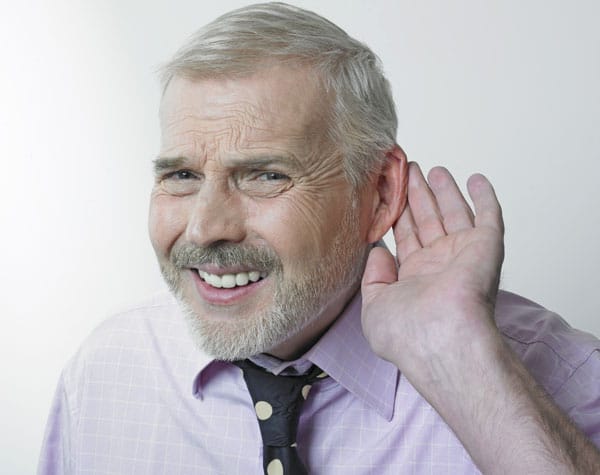
Hearing loss is the third biggest health problem in the United States, and around 50 million Americans currently suffer from hearing loss. Tragically, only one in five of those that could benefit from wearing hearing aids actually does. In most cases, it’s due to not seeing an audiologist that would be capable of diagnosing and treating the issue.
Unfortunately, an audiologist can only do their job if you let them, which is why you must make the first moves by acknowledging the symptoms when they surface. Here are four signs to look out for.
The Television Suddenly Isn’t Loud Enough
A need to increase the television volume up can be a clear indication that hearing loss has started to occur. Even if this is done solely to understand the dialogue, it’s likely that getting hearing aids or another form of treatment will be necessary.
The television isn’t the only technological barometer. Radios, doorbells, cell phones and alarm clocks can all tell you when a problem needs treating. Essentially, if using those daily items has become more difficult due to sound-related issues, your hearing may be the cause of the trouble. In this scenario, stop delaying the need to see a pro.
Dizziness And Balance Issues
Hearing loss doesn’t only impact your ability to pick up sounds. It can affect your balance while also encouraging internal sounds and tinnitus to become more noticeable. Dizziness and vertigo are two more symptoms that could surface due to hearing problems.
Struggling to hear things in a healthy way also forces your brain to work harder in a bid to compensate. As such, headaches may be linked to certain types of hearing loss. While these symptoms aren’t only associated with this problem, the audiologist can do the tests needed to provide clarity.
Failure To Follow Conversations
Some people are guilty of speaking too quietly, especially in crowded places. Still, if you find yourself continually asking several people to speak louder or more slowly, it may be a sign that you are the one with the problem. Getting it checked by an audiologist is vital.
Struggling with conversations in crowded places may indicate minor issues while struggling at home may mean something more severe. On a separate note, if the difficulties are most noticeable when speaking to children and women, it may be linked to the high pitches. Either way, ignoring it is not an option.
You Have A Favorite Ear
Sometimes, you may be in a position where you can follow conversations, but only if you lean in with one ear. This would suggest that there is a degree of hearing loss in the ‘bad’ ear, and is something that should be checked out at the earliest stage possible.
Many people in this situation find themselves cupping their ear for even greater clarity. In this case, even the ‘good’ ear may be a little problematic. With the help of an audiologist, getting to the root of the issue should be easy.